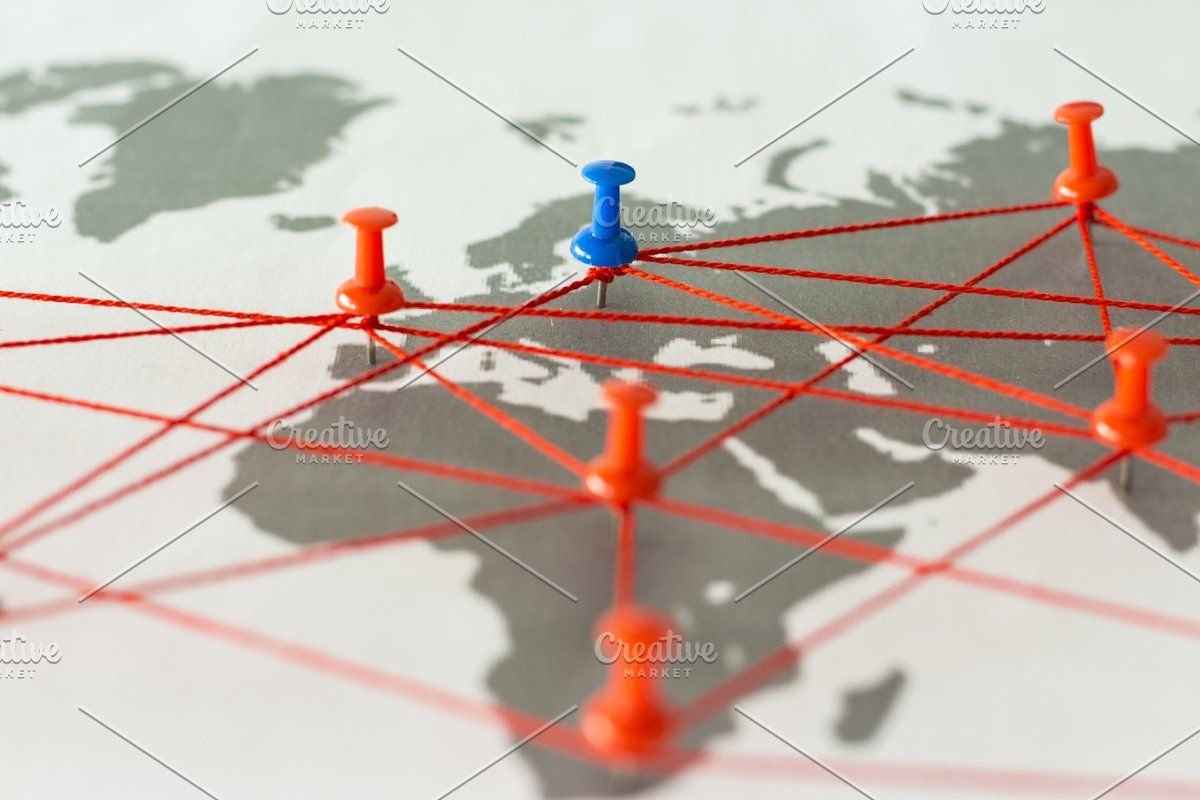For centuries, wealthy merchants, investors, and entrepreneurs have known one truth: the tax man follows you wherever you go. In today’s globalized world, however, you’re no longer chained to one country’s rules. Through careful structuring, you can legally reduce (or even eliminate) your tax burden while staying compliant. One of the most practical approaches is the 3-country structure,a system where you split your life, business, and residency across three different jurisdictions, each serving a unique purpose.
This isn’t about hiding money or playing shady offshore games. It’s about understanding that different countries specialize in different “roles” within the global economy. Once you know how to align them, you can enjoy lower taxes, more freedom, and better protection of your wealth.
The Core Idea of a 3-Country Setup
The 3-country model rests on a simple principle: no single country offers everything you want. Instead, you separate your:
- Residency Country – Where you live and spend most of your time.
- Business Base (Incorporation Country) – Where your company is registered.
- Banking/Asset Holding Country – Where you store your money and investments.
By keeping these roles in different places, you avoid being fully trapped by one nation’s tax system. Let’s break it down.
1. Residency Country – Where You Live (and Pay Taxes… or Not)
Your residency determines where you’re taxed on personal income. Most high-tax Western countries tax based on residency (and in the U.S. case, citizenship). That’s why many location-independent entrepreneurs establish residency in territorial tax countries,places that only tax local income, not foreign income.
Examples of smart residency choices:
- Panama – Territorial tax, affordable lifestyle, residency via the Friendly Nations Visa.
- Georgia – Low cost of living, low personal taxes, easy residency pathways.
- Portugal (NHR program, though changing) – Special exemptions for foreign income for a period.
- Dubai/UAE – No personal income tax, strategic global hub.
Your goal: Live in a country that doesn’t punish you for income earned abroad.
2. Business Base – Where Your Company is Incorporated
Your company’s location determines corporate tax rates, compliance, and credibility. While the stereotype is setting up in the Cayman Islands or Belize, those often raise red flags. The better play is choosing jurisdictions that balance legitimacy with tax efficiency.
Popular incorporation hubs:
- Estonia – 0% tax on retained earnings, strong digital infrastructure.
- Ireland – 12.5% corporate tax, EU credibility, favorable treaties.
- Singapore – Business-friendly, low corporate tax, respected globally.
- Dubai/UAE Free Zones – 0% corporate tax for many sectors, gateway to Asia/Africa.
Your goal: Run your business in a jurisdiction that lowers corporate tax but is respected enough that banks and clients trust you.
3. Banking & Asset Holding Country –Where Your Money Sleeps
Even if you live tax-free and run a low-tax company, you still need a safe, reliable place to bank and protect assets. This isn’t always the same country where you live or incorporate.
Trusted wealth-storage hubs:
- Switzerland – World-class banking, asset protection.
- Singapore – Stable, Asian financial hub.
- Luxembourg – Strong for funds and investment structures.
- Liechtenstein – Popular for trusts and asset protection.
Your goal: Keep money in politically stable, financially reputable jurisdictions that won’t freeze accounts overnight.
How the Pieces Work Together
Here’s a simple example of a 3-country structure in action:
Residency: Panama → You live there most of the year, taxed only on local income (your foreign business income is untouched).
Business Base: Estonia → Your online company is incorporated there, paying little to no corporate tax as long as profits are reinvested.
Banking/Assets: Switzerland → Your retained profits sit in a strong Swiss bank account, diversified in different currencies.
Result? You’ve legally avoided high Western tax rates, remained compliant, and diversified your risk across three governments instead of one.
Mistakes to Avoid
- Using shady “tax haven only” setups. If your only structure is a Belize company + Seychelles bank, authorities will see right through it.
- Ignoring substance requirements. Some countries now require proof that your company is really operating there (staff, office, contracts).
- Forgetting controlled foreign corporation (CFC) rules. Your home country might still tax foreign company profits if you maintain ties.
- Banking in politically unstable countries. Low taxes are useless if the bank can’t be trusted.
Who Benefits Most from a 3-Country Structure?
- Digital entrepreneurs – running online businesses, SaaS, consulting, content creation.
- Investors and traders – needing tax-friendly jurisdictions to reinvest profits.
- Remote professionals – who want to avoid being tied to a single high-tax system.
- Wealth preservers – men who want to protect assets from lawsuits, divorce, or unstable governments.
Final Thoughts – Playing the Global Chessboard
The 3-country structure isn’t about escaping responsibility,it’s about playing the global game smartly. Governments are like competing service providers: some specialize in residency perks, some in business incentives, others in financial security. By understanding the strengths of each and spreading your life across borders, you gain freedom, resilience, and tax efficiency.
The real question is not if you should set up a structure like this, but how soon. Because as regulations tighten and governments get hungrier for revenue, the window for easy solutions may not stay open forever.













